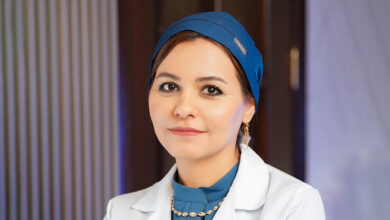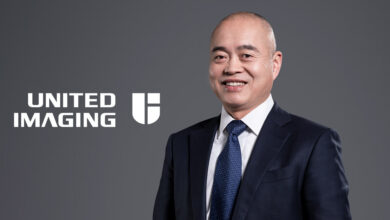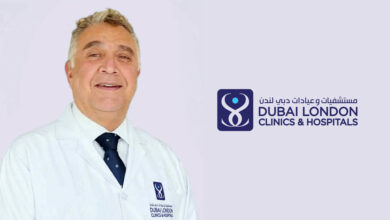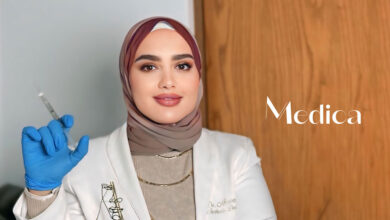“Take My Sun With You”: A Message of Love, Support, and Inclusivity
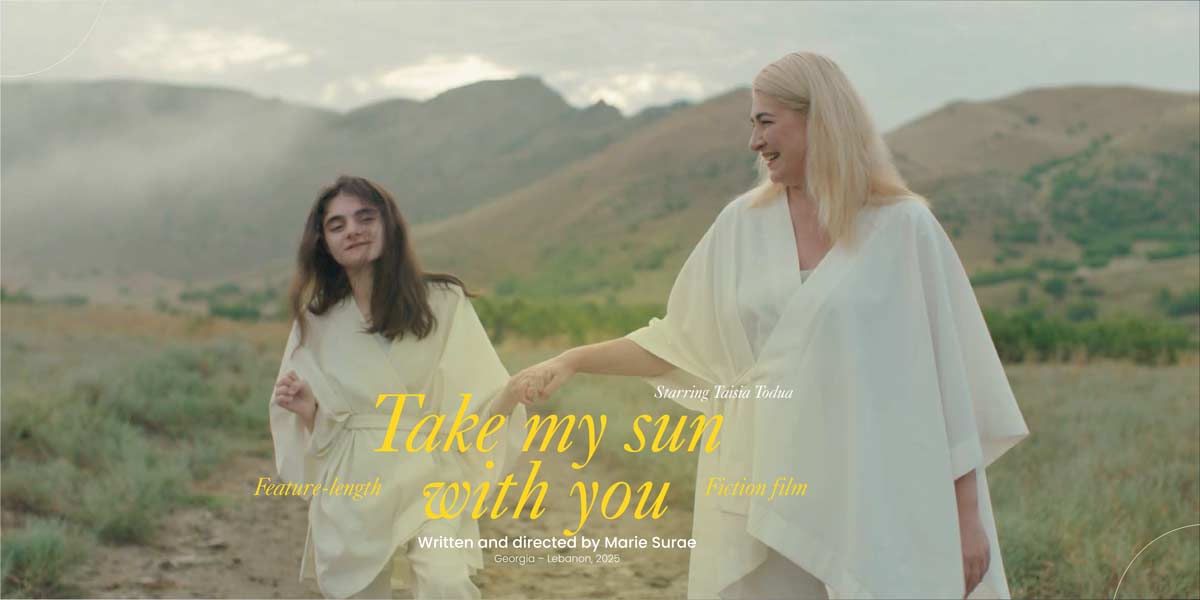
The feature film, “Take My Sun With You,” is a deeply personal project born from the filmmaker, Marie Surae’s, experience raising her 17-year-old daughter, Taisia Todua, who lives with a rare spontaneous genetic mutation in the CDKL5 gene, causing autism, cerebral palsy, and epilepsy. Taisia is not just the inspiration; she is a unique cast member in the film.
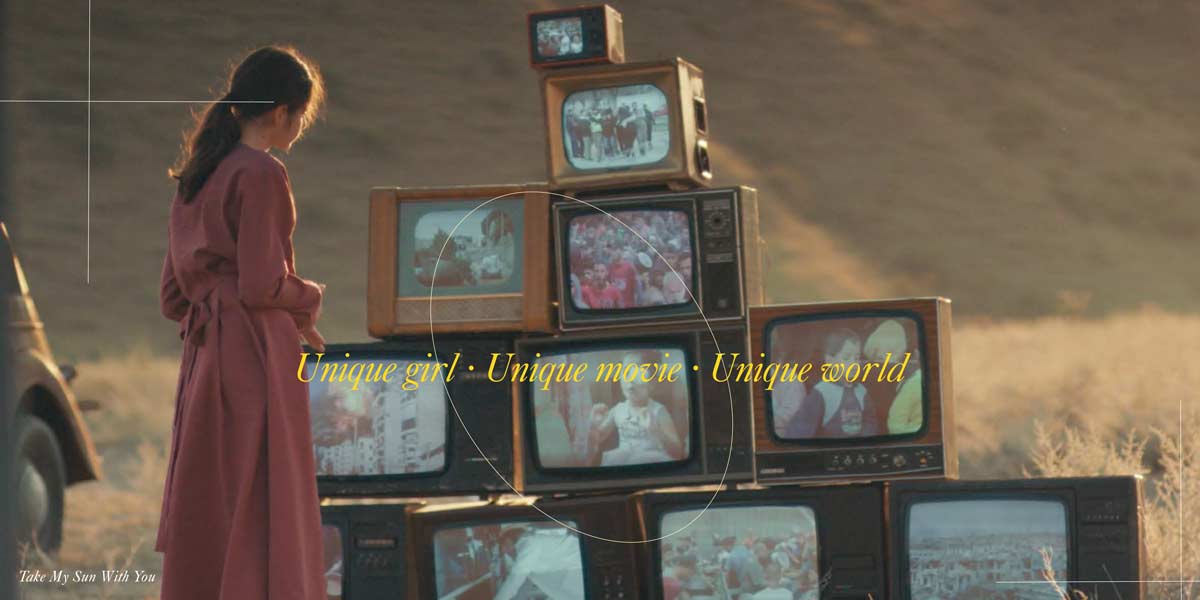
What inspired the idea of creating a feature film about children with autism and cerebral palsy? What was the purpose?
My daughter, Taisia Todua, is 17 years old. She has a rare spontaneous genetic mutation in the CDKL5 gene, which causes autism, cerebral palsy, and epilepsy. Her first epileptic seizure happened when she was only two months old. At the time, we were unaware of the cause. We sent a video of the seizure to Professor Hans Holthausen in Germany, who suspected it might be a CDKL5 mutation, and he was correct. Knowing the cause of a child’s condition is incredibly important for parents. Many families live for years without answers, and that uncertainty is excruciating. I immediately began searching for other families around the world whose children had the same mutation. Back in 2008, there were very few. Not because the mutation was rarer then, but because so few people knew it even existed. Now, there are hundreds of thousands of such families worldwide. And when you realize you’re not alone, it becomes easier to carry on. I raised my daughter on my own. Her father didn’t help. Looking back, I see that having no one to rely on but myself shaped me into who I am today.
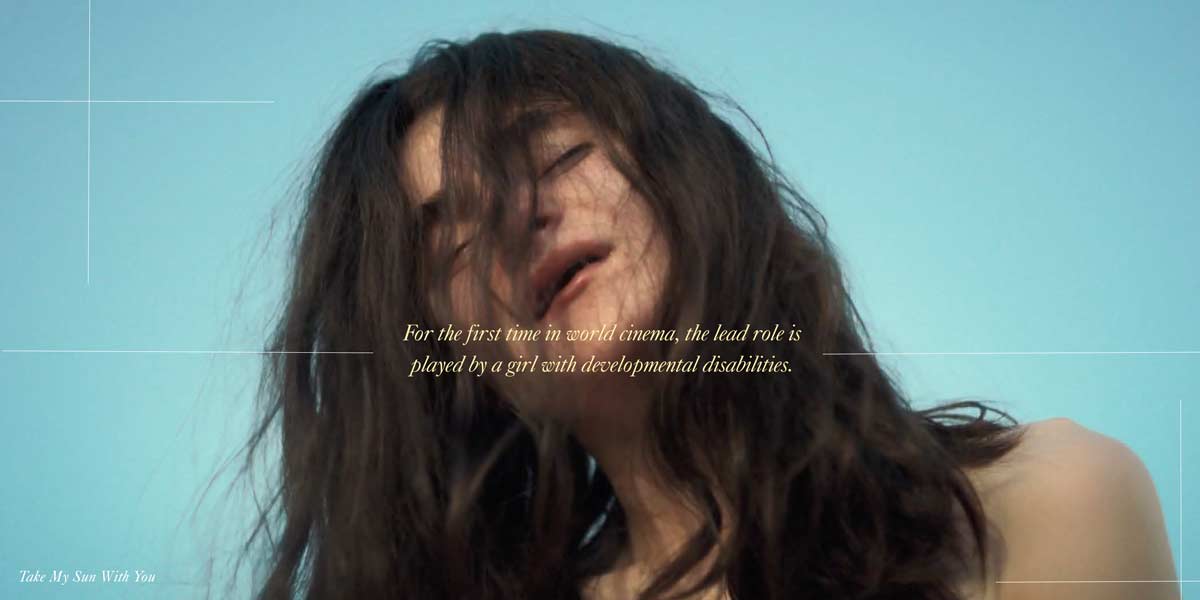
I am a filmmaker. I became a film producer at a very young age, 22. I graduated with a degree in journalism and started my career in television before moving on to producing films for major TV channels. In 2014, I directed my first short feature film, which was selected for the main competition at the Cannes Film Festival. I love co-producing with other countries, and since 2016, I have been based in Lebanon, making films and organising festivals. I decided to make «Take My Sun With You» in Georgia, because Taisia is half Georgian.
In a way, I had been preparing this film for 17 years. I wrote the script very quickly and went straight into production. I was lucky to work with a brilliant cinematographer, Mikho Kvirikadze, and an excellent crew led by producer Lasha Khalvashi.
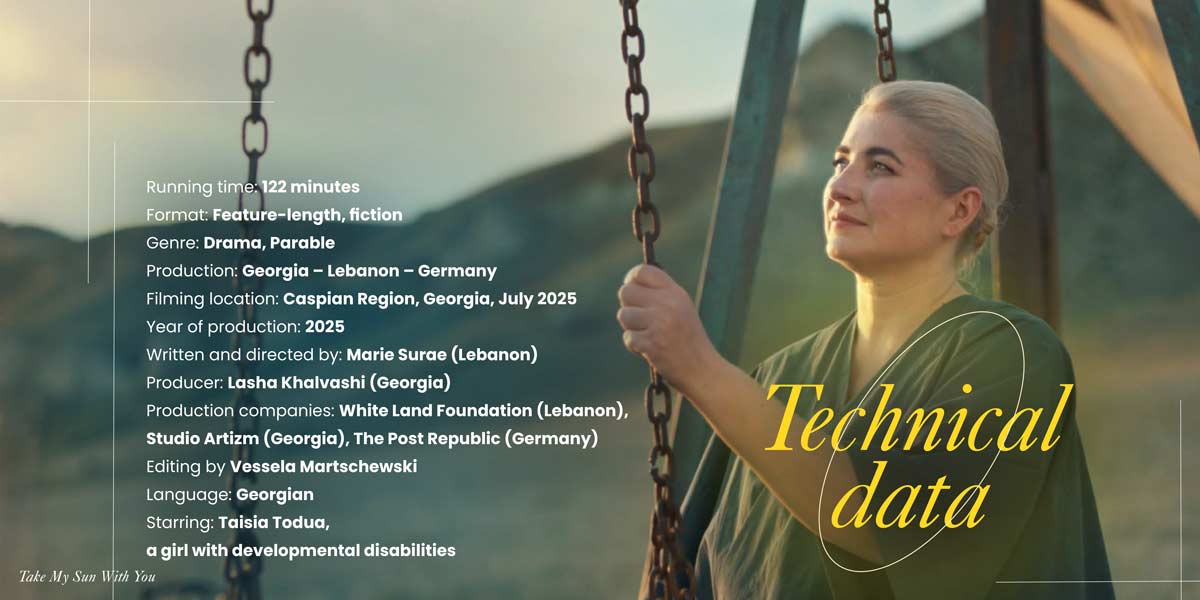
I always knew I would one day make a film about my daughter. About her world and her inner universe. Taisia doesn’t speak with words; she speaks through sounds. But her world is much deeper than that of a neurotypical person. She feels and understands everything, just differently. «Take My Sun With You» is a feature film, which makes it unique because Taisia takes part in it as an actress. And it’s truly extraordinary, because the shoot wasn’t easy. Sometimes we began filming at 3 a.m., under the scorching 35°C heat, travelling for over an hour and a half to the location. And Taisia endured it all. She is strong, one of a kind, and truly remarkable. I’m immensely proud of her.
What message does the film aim to deliver to families and society about children living with these conditions? What do you think about the mission?
This film is more than just cinema; it’s a message to society. It’s a reminder that children and adults with special needs live among us, that they are part of our communities and deserve to be seen, loved, and supported. Each of them is unique, valuable, and worthy of love. I want to tell the world: love people with differences, they make the world kinder.
When the world is drowning in war and hatred, there is only one hope left, kindness and love. People like Taisia make us reflect on what truly matters in life.
For families raising children with special needs, this film is meant as support and encouragement. It says: Don’t give up. There’s always a way forward, and there are always people who will help you. Most often, it’s other families who share similar experiences that understand and can offer real support.
Right now, our goal is to show the film to as many people as possible. We’re submitting it to festivals and looking for a distributor or sales agent. We’re reaching out to different foundations for support, hoping that Take My Sun With You will find the right hands. We’re confident that the right sales agent will see both the importance and the potential of this project and help bring it to a wide audience.
As for the festivals, I would be thrilled to bring Taisia to the premiere. It would be the first time ever, a girl with developmental differences, playing a leading role in a feature film, presenting her mother’s work at an international film festival.
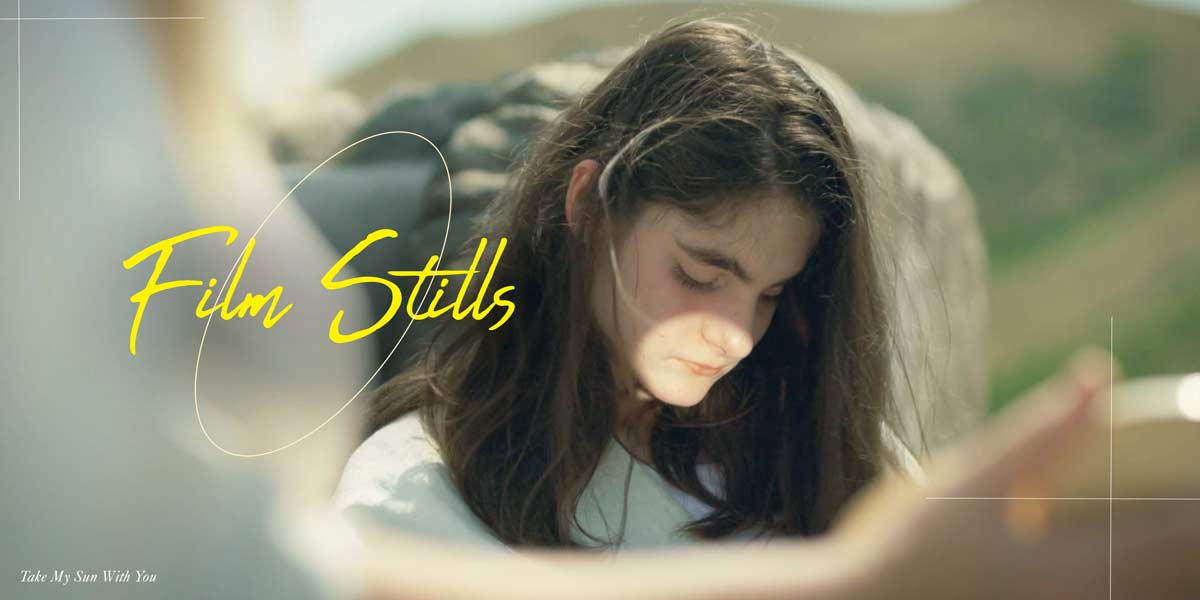
What has this experience personally taught you about strength, resilience, and empathy?
My daughter gives me so much. Every time I look at her, I remember why I work, live, feel, and breathe. She’s my guardian angel, and she inspired me to make one of the most important films of my life.
Taisia is incredibly beautiful and cinematic; as we say in filmmaking, the camera loves her. Our cinematographer fell in love with her presence, and we filmed many scenes with two cameras to capture every subtle expression. She has a magnetic kind of beauty, delicate yet powerful. When you look into her eyes, you can see her inner world: profound, fragile, and deeply moving. Taisia is very delicate, like a crystal vase. I help her grow, develop, and feel safe. She has many specialists supporting her: ABA therapy, sports, swimming, physiotherapy, rollerblading, skiing, and she attends a special school. I’ve built a world around her where she feels protected and comfortable, surrounded only by people who truly wish her well. That’s very important for children like her, because they sense people’s energy deeply.
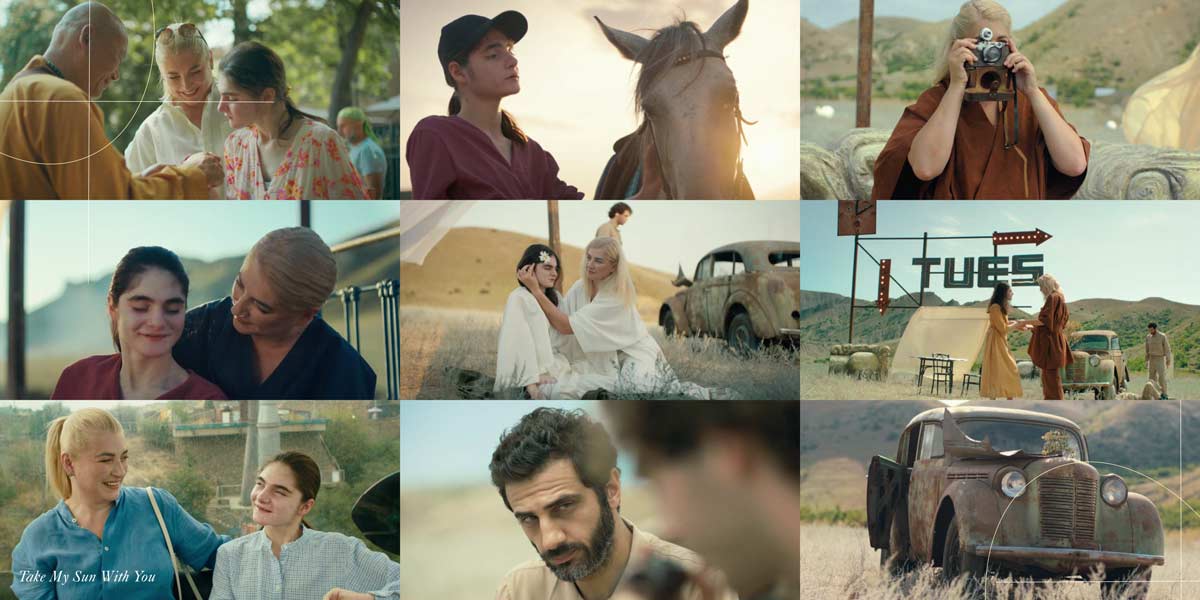
I learn strength and resilience from Taisia. She is a fighter. Despite her many diagnoses, epilepsy, autism, cerebral palsy, and severe scoliosis, she keeps going and smiles a lot. That smile is the most precious and moving thing I have ever seen in my life.
What do you hope the audience feels when they leave the cinema after watching this film?
I truly hope that even if just one person in the audience leaves the cinema thinking about what truly matters in life and decides to make a change, that will already be my victory.











